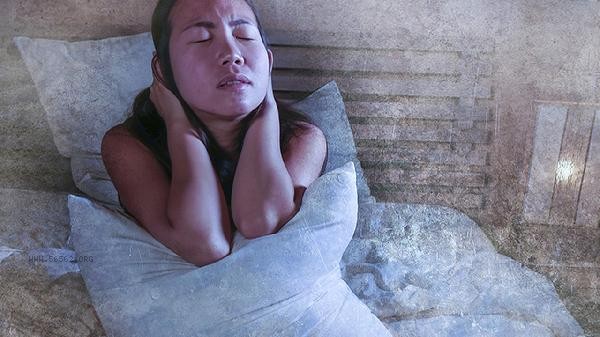There is a clear difference between emotional disorders and mental illnesses. The former is often caused by emotional disorders leading to physical symptoms, while the latter is a mental disorder caused by abnormal brain function. The differences between emotional disorders and mental illnesses are mainly reflected in five aspects: pathogenesis, clinical manifestations, diagnostic criteria, treatment methods, and prognosis.

1. Pathogenesis
Emotional disorders originate from traditional Chinese medicine theory, referring to the symptoms caused by the imbalance of qi and blood due to excessive seven emotions, such as the pain caused by long-term depression, anger, and liver injury. Psychiatric disorders are associated with biological changes such as genetic factors, neurotransmitter disorders, and brain structural abnormalities. For example, dopamine system disorders may trigger schizophrenia.
II. Clinical manifestations
Emotional disorders are often characterized by somatic symptoms such as insomnia, stomach pain, and chest tightness, with relatively mild emotional symptoms. Psychiatric disorders are mainly characterized by typical mental symptoms such as hallucinations, delusions, and cognitive impairment, with more significant social function impairment. For example, manic episodes of bipolar disorder can lead to delusions of exaggeration.
III. Diagnostic Criteria
The diagnosis of emotional disorders relies on traditional Chinese medicine differentiation, and the imbalance of qi, blood, yin and yang is determined through the combination of the four diagnostic methods. Mental illness should refer to the International classification of Diseases standards, combined with modern medical methods such as psychiatric examinations and scale assessments. For example, the diagnosis of depression should conform to the core symptom group that lasts for more than two weeks.

IV. Treatment Methods
Emotional disorders are often treated with traditional Chinese medicine such as Shugan Jieyu Tang, combined with emotional counseling. Western medicine such as antipsychotics and mood stabilizers are often used for mental illness, combined with cognitive-behavioral therapy. For example, olanzapine can be used to control positive symptoms of schizophrenia.
V. Prognostic outcome
Emotional disorders can be cured by regulating emotions and physical constitution, such as liver depression and spleen deficiency type depression syndrome, which can completely disappear after treatment. Some mental illnesses require long-term medication maintenance, but early intervention can improve prognosis, such as standardized treatment for early schizophrenia, which can restore some patients' function. Maintaining a regular schedule and moderate exercise can help regulate emotions, while traditional health practices such as Tai Chi and Ba Duan Jin have a preventive effect on emotional disorders. Psychiatric patients should follow medical advice and adhere to treatment. Family members should learn about the disease, avoid excessive protection or blame, and create a relaxed rehabilitation environment. Both types of diseases may affect quality of life. It is recommended to seek professional evaluation in a timely manner when symptoms appear. Traditional Chinese medicine and psychiatric doctors will develop personalized intervention plans based on specific situations.





Comments (0)
Leave a Comment
No comments yet
Be the first to share your thoughts!